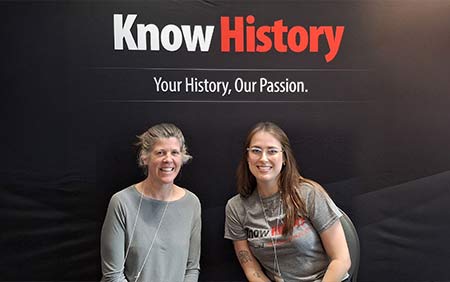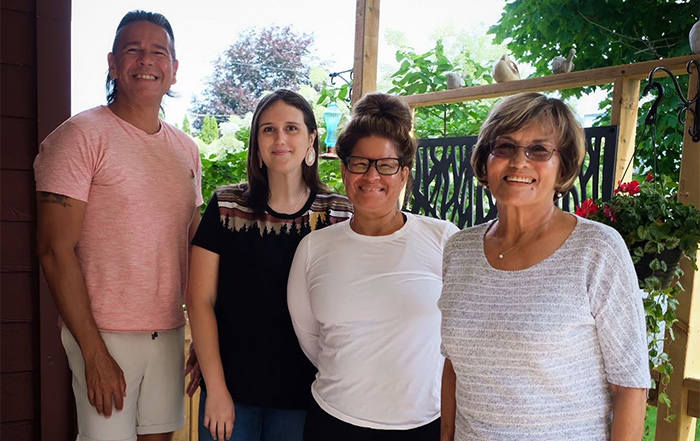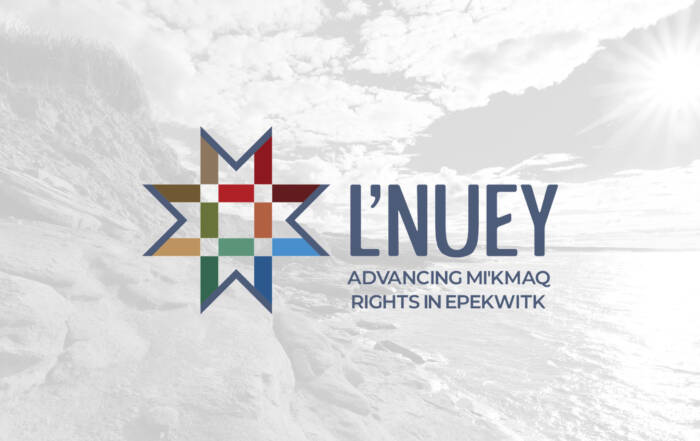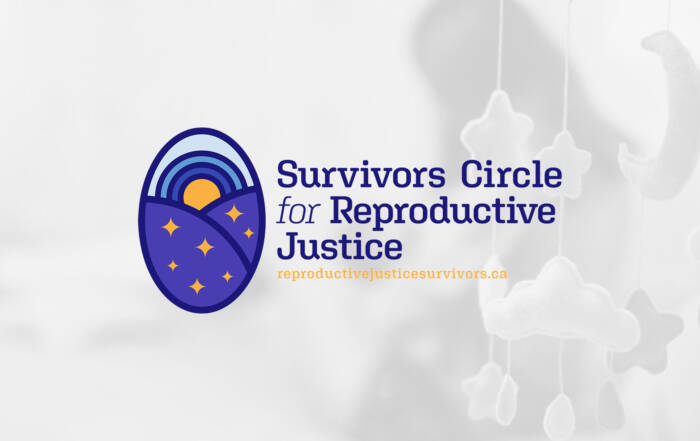Reflecting on ACA 2025: Community Archives, Decolonial Futures, and What Comes Next
Know History recently attended the 2025 Association of Canadian Archivists (ACA) Conference at Carleton University in Ottawa, where we joined fellow professionals in reflecting on the past 50 years of archival work and imagining the next 50.
Over two days of sessions (June 10–11), a key theme emerged: the future of archives is being shaped by communities themselves. From grassroots digitization efforts to decolonial frameworks for archival practice, it’s clear that archives must not only preserve history but also actively engage with the people whose histories they represent.

We were especially inspired by sessions on Community Archives and innovative approaches to access, repair, and inclusion. June Chow’s presentation on Chinese immigration records showed how community-led efforts are reframing exclusion-era archives. Lily Liu and Grace Park offered a layered model for intra-community representation in Chinese and Korean Canadian records. Stefanie Martin and Cindy Custodio’s “A Life in Boxes: Filipino Migrant Memories & Informal Archives” highlighted the creativity and care diasporic communities bring to preserving history outside institutional spaces.
We also want to acknowledge the important work of the First Nations Information Governance Centre (FNIGC). Their booth was a standout in the exhibitor space, and their leadership on OCAP® (Ownership, Control, Access, and Possession) remains essential for anyone working with Indigenous data. A special mention goes to Skylee-Storm Hogan-Stacey for her insightful presentation, “Re-framing Archives and Moving Towards Decolonial Archival Futures,” which urged archivists to reimagine archival spaces through Indigenous epistemologies and sovereignty frameworks.
The ACA organizers created a dynamic and thoughtful program, balancing celebration of the profession’s legacy with critical conversations about where we go from here—including how AI and digital tools can be leveraged responsibly, and how inclusion must remain central to innovation.
We left feeling energized, challenged, and grateful to be part of a profession that is evolving in real time alongside the communities it serves.
Recent Posts
Mohawk Council of Kahnawà:ke
We are proud to collaborate with the Mohawk Council of Kahnawà:ke, the Kanien’kehá:ka Onkwawén:na Raotitióhkwa Language and Cultural Center, and Dr. Gerald Taiaiake Alfred on the vital work of collecting and preserving oral histories that reflect the lived experiences, cultural teachings, and perspectives of community members from Kahnawà:ke.
Ni’n Aq No’kmaq Genealogy Project
In October 2025, we traveled to Epekwitk (PEI) to speak with community members directly concerning connections built out for L’nuey’s Ni’n Aq No’kmaq Genealogy Project.
The Survivor’s Circle for Reproductive Justice
We were honored to attend the launch of the SCRJ’s report titled “Assisted Reproductive Services to Restore Fertility for Forcibly-Sterilized Indigenous Survivors: Options and Costs”.





